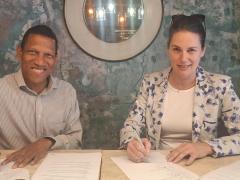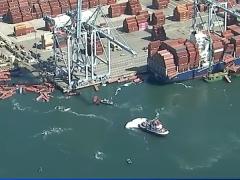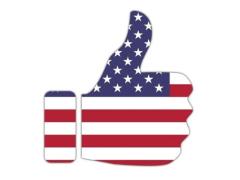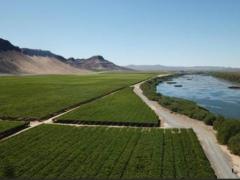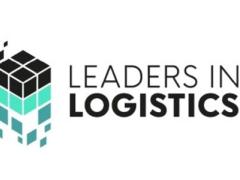The free global flow of goods is being threatened by the resurgence of protectionism warns Willemien Denner, a researcher at the Trade Law Centre for Southern Africa (Tralac). Since the start of the financial crisis the World Bank has estimated that 78 trade measures have been imposed or implemented. These trade measures include 66 trade restrictions of which 47 took effect. Several countries have raised border barriers, introduced subsidies or stimulus packages for export-orientated or import competing industries, and increased the use of trade remedies. “A pattern is beginning to emerge of an increase in import licensing, import tariffs and trade remedy utilisation to support domestic industries,” says Denner. “The World Trade Organisation (WTO) and the World Bank have indicated that the contribution of protectionist policies to the decline in trade has been limited to date, however looking forward there is a risk of a retreat from trade liberalisation and open border policies which has been followed in the past decade,” she says. Denner sees signs that South Africa may be one of the first African countries to raise trade barriers. As the financial crisis puts increased pressure on African economies the question remains whether governments will resist political pressure to utilise the implementation of protectionist measures to protect domestic industry and employment. “South Africa has already indicated that they are considering raising import tariffs on garments to maximum levels agreed to by South Africa in the WTO. Is this an indication of policy measures to come by African countries as economic activity decreases due to the global recession?” she asks.

